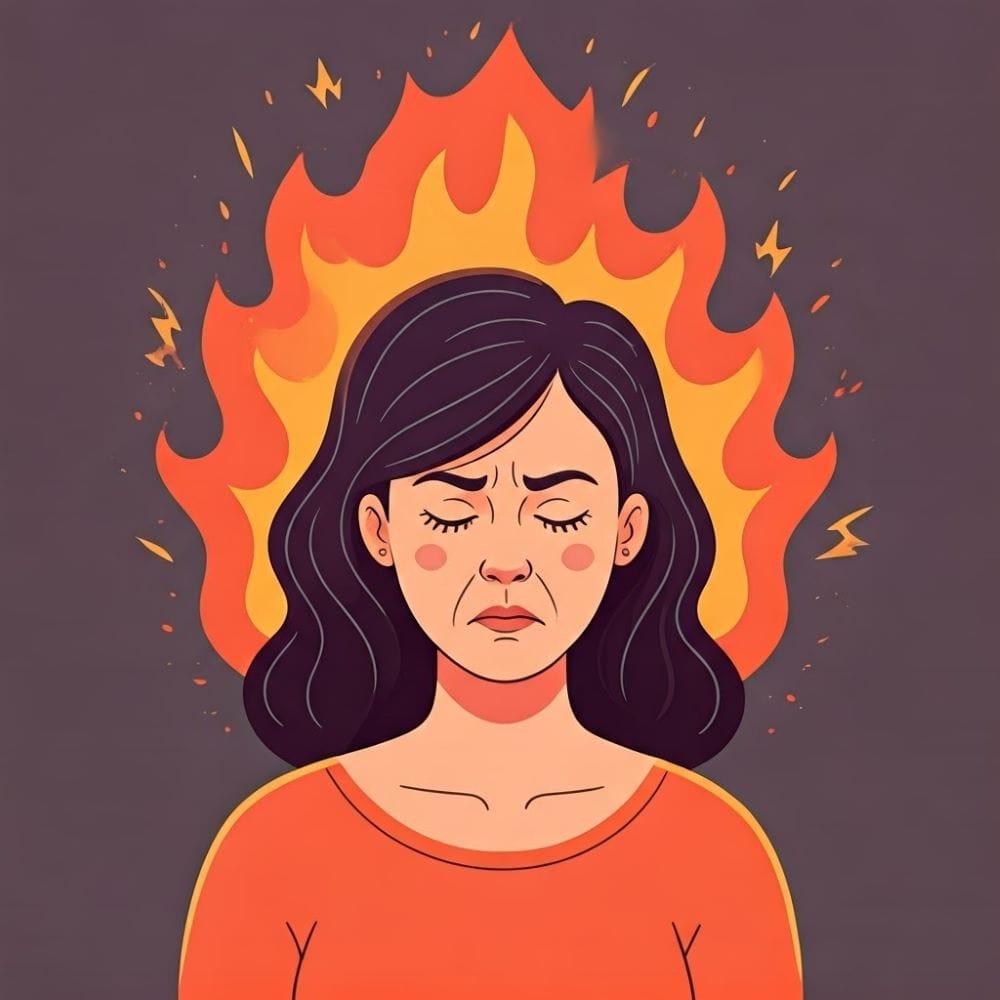The Long-Term Risks of Menopause and How to Mitigate Them
Menopause poses significant health risks for women, primarily cardiovascular disease. Estrogen deficiency leads to increased body fat, lipids, and weight gain, elevating heart attack and stroke risk.

Menopause. That inevitable, sneaky little process that many of us would prefer to avoid entirely. But it turns out that menopause is much more than just the punchline to jokes about hot flashes and sudden bursts of crankiness. In fact, it's a time bomb for your cardiovascular system—yes, that bit of you that keeps you alive, should you care.
Let me set the stage for you. You’ve spent years riding the hormonal rollercoaster, dealing with periods, pregnancies, or the blessed absence of them, depending on your life choices. And then, just as you think you're in the clear—BAM! Menopause comes along, not with a whisper, but with a shout. And this shout has consequences, ladies. Not just for your sleep patterns or how much you can tolerate your husband’s existence, but for your heart, your bones, and, dare I say it, your survival.




